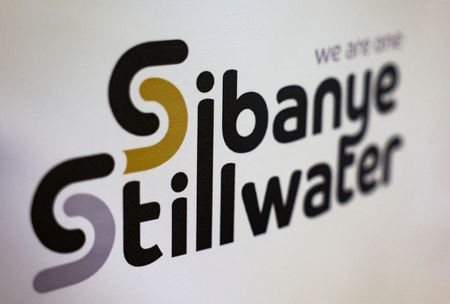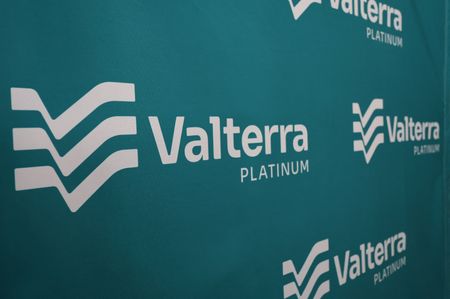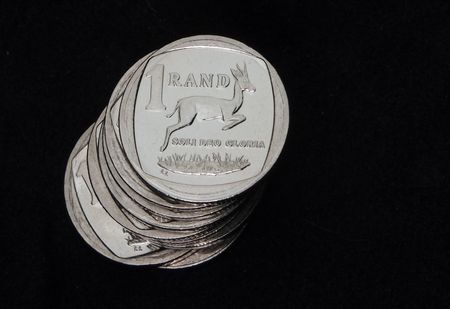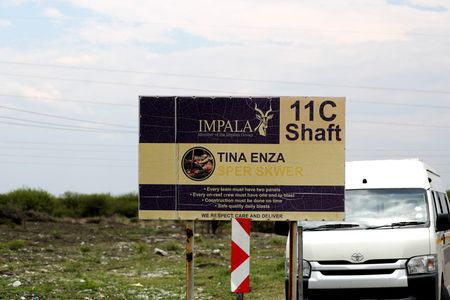(Reuters) -Sibanye Stillwater reported a narrower first-half loss on Thursday, as production credits at its U.S. palladium business and the restructuring of its South African mines partly offset big writedowns at its U.S. and Finnish operations.
The Johannesburg-based miner posted a loss of $211 million, for the six months to June 30, down from a $372 million loss the year before, when it booked a $407 million impairment on its U.S. operations after cutting its forecast for palladium prices.
Under the Inflation Reduction Act enacted in 2022, the U.S. offers credits as an incentive for the domestic production of critical minerals, including palladium.
“The positive financial outcomes from solid operational management and decisive restructuring were amplified by the incorporation of Section 45X credits in terms of the Inflation Reduction Act,” Sibanye said in a statement.
Sibanye said a total $285 million of combined estimated credits from the 2023 financial year had been recognised, boosting profitability for the first half of 2025. Cash payments are expected in 2026, it added.
However, the company said the production credits would be phased out from 2031 and terminated in 2034 under U.S. President Donald Trump’s signature spending law. That prompted Sibanye to book another 3.8 billion rand impairment of its U.S. business due to the expected decrease in future cash flows.
Sibanye on July 31 petitioned the U.S. to impose a tariff on Russian palladium imports to support the long-term viability of U.S. supplies. Russia’s Nornickel is the world’s largest palladium producer with a 40% share of global mined output.
A final decision on the petition is expected within 13 months.
“The preliminary duties and determinations are expected in the next three to five months,” Charles Carter, Sibanye’s chief regional officer for the Americas, said during a results call.
U.S. imports of palladium from Russia jumped 35% from 2022 to 2024, and increased by another 50% in the first quarter of 2025, Carter added.
Sibanye also wrote down 5.4 billion rand from the value of its Keliber lithium project in Finland, citing a decrease in the long-term price forecast for the battery mineral.
It also took a 461 million rand impairment on its Zimbabwean joint venture Mimosa after the introduction of a 5% beneficiation tax on platinum in January, CFO Charl Keyter told analysts.
($1 = 17.5632 rand)
(Reporting by Nelson Banya. Editing by Louise Heavens and Mark Potter)











